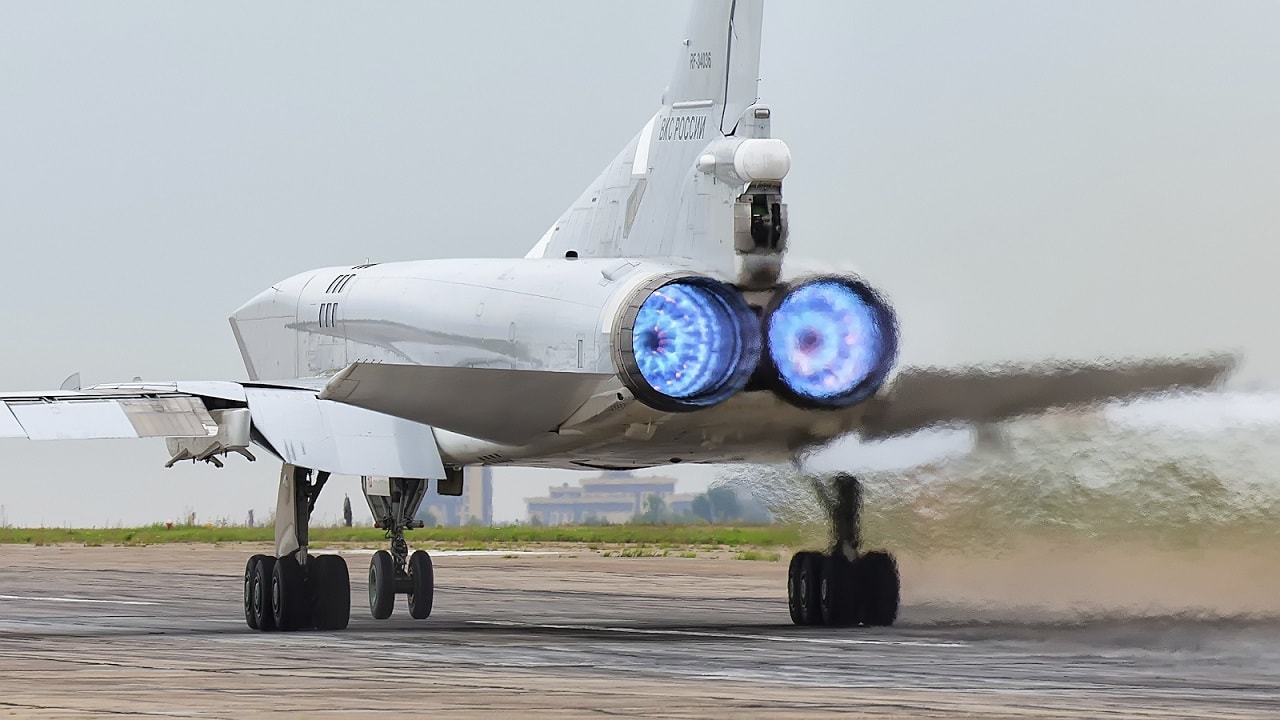How much time is left for diplomacy between Ukraine and Russia? Is war imminent?
Russia is now in an effective position to conduct a massive, decisive mobile offensive into Ukraine. Russia has not yet attacked (although incidents along the border have increased), possibly out of deference to China’s hosting of the Winter Olympics, possibly to give diplomacy a last chance, and just maybe because Putin is bluffing.
Diplomatic efforts to resolve the crisis between Ukraine and Russia continue. The latest initiative has come from President Emmanuel Macron of France, who apparently wants to leverage the crisis to improve Paris’s position within Europe and restore some aspect of France’s independent diplomatic weight. Diplomacy requires give and take, and the fact that Macron expects to get something doesn’t mean he can’t make something happen. There should be no question, however, that crisis diplomacy is fraught with danger.
Commitment problems
From a political science point of the view, the Ukraine-Russia conflict is full of a devilish set of commitment problems. Agreements mean little if the parties can’t trust one another to fulfill their obligations. However much Russia wants it, an independent Ukraine cannot plausibly commit never to seek NATO membership. Zelensky’s successor might throw off any agreement that Zelensky comes to on the argument that Ukraine should not be bound to promises made with a gun pointed at its face. Some of the problems with the Minsk agreement result from precisely this kind of thinking; Ukraine agreed to certain Russian demands because of military vulnerability, and the Ukrainian government should not treat coercive agreements as binding.
Obviously, the United States has a credibility problem. Even setting aside (for the moment) the complex and ambiguous commitments that both Russia and NATO made in the 1990s, Washington has demonstrated a clear proclivity for ending treaties and international agreements when they become inconvenient, or when the electoral winds shift. In recent memory, the US has left the ABM Treaty and the INF Treaty, as well as abandoning the JCPOA. NATO too might determine in ten years that any commitments it makes today are no longer convenient or required.
And of course, there is little reason to trust Putin’s Russia. Russia has waged war against two of its neighbors in the last fifteen years (albeit under complicated circumstances) and has now embarked on a months-long campaign to intimidate Ukraine with the threat of invasion and occupation. Guarantees of Ukrainian sovereignty mean little to an autocratic Russia with a paranoia-tinged understanding of its near abroad.
Ukraine Crisis: The Danger of Conversation
Discussions can rapidly become unproductive. Negotiations always carry a degree of risk. Diplomats may find themselves trapped in positions that they do not want to maintain. The effort to feel out a competitor may reveal weakness or uncertainty. Independent diplomatic outreach by allies might suggest a lack of consensus or even the presence of real divisions that the target can exploit. Some professional diplomats specialize in preventing agreements, ensuring that international amity does not threaten the national interest.
But there can be value in an independent approach of the sort that Macron has embarked on. In the case of the current dilemma, the United States would generally speaking, prefer to show a united front. This is why Germany has come under scrutiny for its apparent lack of enthusiasm for confrontation with Russia, and why Ukraine has come under scrutiny for the lack of apparent urgency from its military and its leadership. But sometimes a leader like Macron can make possible discussions and agreements that would be off-limits if diplomacy remained in the hands of Washington or Moscow. Macron (in a long lineage of French diplomacy) offers the kind of independent European voice that Russia wants to privilege at the expense of the US. This might make it possible for Putin to listen.
Is There an Offramp for Russia?
Providing Russia a face-saving way to back down may not work, because Russia may have no interest in backing down. However, failing to present Russia with an off-ramp makes war manifestly more likely. A massive military mobilization is a costly signal to send not just in the sense that people tend to pay attention, but also in that it’s quite costly to move troops and ships around a country and keep them ready for war. Uncertainty also has costs, both political and economic, as Russia’s military buildup has disrupted its symbiotic trade relationship with Ukraine. People will notice if Russia does not get anything substantive out of the crisis it has created, both in Russia and abroad.
At the same time, Putin undoubtedly knows that a world in which Russia has invaded Ukraine is awfully dangerous and uncertain. The Russian economy will suffer, Russia’s friends (such that they are) will look askance, and NATO may grow stronger. Invading Ukraine is a high-risk gamble for Russia, which is why diplomacy should focus on offering Moscow better odds for a less rewarding but altogether less risky settlement.
Now a 1945 Contributing Editor, Dr. Robert Farley is a Senior Lecturer at the Patterson School at the University of Kentucky. Dr. Farley is the author of Grounded: The Case for Abolishing the United States Air Force (University Press of Kentucky, 2014), the Battleship Book (Wildside, 2016), and Patents for Power: Intellectual Property Law and the Diffusion of Military Technology (University of Chicago, 2020).

